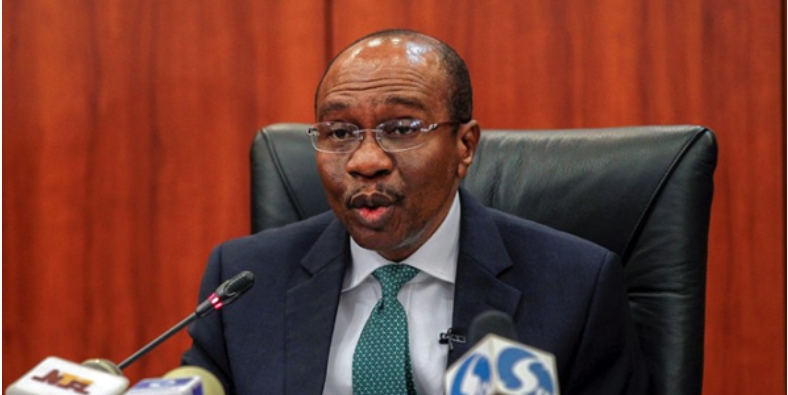In what may be considered a dramatic turn of events, the Supreme Court has barred the implementation of the February 10 deadline for the validity of the old N200, N500, and N1,000 naira notes, dealing a fresh blow to the controversial currency redesign policy spearheaded by the Central Bank of Nigeria (CBN).
According to reports, a seven-member panel of Nigeria’s apex court gave the injunction following a suit by three Northern governors: Nasir El-Rufai of Kaduna, Yahaya Bello of Kogi, and Bello Matawalle of Zamfara.
The governors, all members of the ruling All Progressives Congress (APC), had dragged the CBN and the Federal Government before the Supreme Court over the scarcity of the new and old naira notes, seeking a suspension of the full implementation of the naira redesign policy.
Recall the old notes were initially due to losing their legal tender status on January 31. However, the unavailability of new notes and backlash from Nigerians forced the CBN to extend the deadline to February 10 for the swap of old currency notes, as approved by President Muhammadu Buhari.
The past weeks have seen long queues inside banking halls and ATM centres across the country, as many cash-strapped Nigerians demand their own money, with banks claiming that they haven’t been supplied with enough currency notes. Protests have since rocked some cities in the country over the scarcity of the Naira notes, leading to the attack on bank officials and the destruction of bank properties.
Last Friday, the president asked Nigerians to “give him seven days to resolve the cash crunch” and blamed banks for being “inefficient” amid scathing criticisms from stakeholders even within his party. For context, APC-dominated National Assembly asked for a six-month policy extension.
Just recently, the Nigeria Governors Forum (NGF) called on President Muhammadu Buhari to review the policy, saying the poor execution of the policy would “hurt the economy and have a disproportionate impact on the most vulnerable”.
Read also: Can all Nigerians get access to the new Naira notes before Feb 10?
A temporary halt
“An order of Interim Injunction restraining the federal government through the Central Bank of Nigeria (CBN) or the commercial banks from suspending or determining or ending on Feb. 10, the time frame with which the now older version of the 200, 500 and 1,000 denomination of the naira may no longer be legal tender pending the hearing and determination of their motion on notice for interlocutory injunction,” Justice John Okoro, who led the Supreme Court panel that delivered the ruling, said.


Though this ruling means that the old naira notes continue to be legal tenders in Nigeria, the interim nature of the injunction means that the Federal Government and the CBN cannot be compelled to completely halt the implementation of the naira redesign policy, as February 15 has been set for the hearing of the case filed by the governors.
Nigerians can only hope that this suspension will ease the difficulties in accessing Naira notes.
Background of a controversial policy
In the last 15 years, Nigeria has altered its currency four times, the latest being in 2014 when the 100 Naira commemorative banknote was issued to mark Nigeria’s centenary celebration.
On October 26, 2022, CBN Governor Godwin Emefiele announced the plan to redesign naira notes, explaining that the decision was in response to persisting concerns with managing the current series of banknotes and currency in circulation.


According to him, available data at the CBN as of September 2022 indicate that N2.73 trillion out of the N3.23 trillion currency in circulation was outside the vaults of commercial banks across the country and supposedly held by the public.
The Naira redesign, Emefiele added, will help control the money supply and aid security agencies in tackling illicit financial flows. Chief of the reasons for the move is counterfeiting, which the CBN governor said would be tackled with the security features of the redesigned notes.
Last month, Emefiele revealed that the apex bank had been able to reduce the currency outside the banking system to N900 billion from a whopping N2.7 trillion following the announcement of new naira notes.
Related article: Will the latest Naira redesign affect the adoption of the eNaira?






